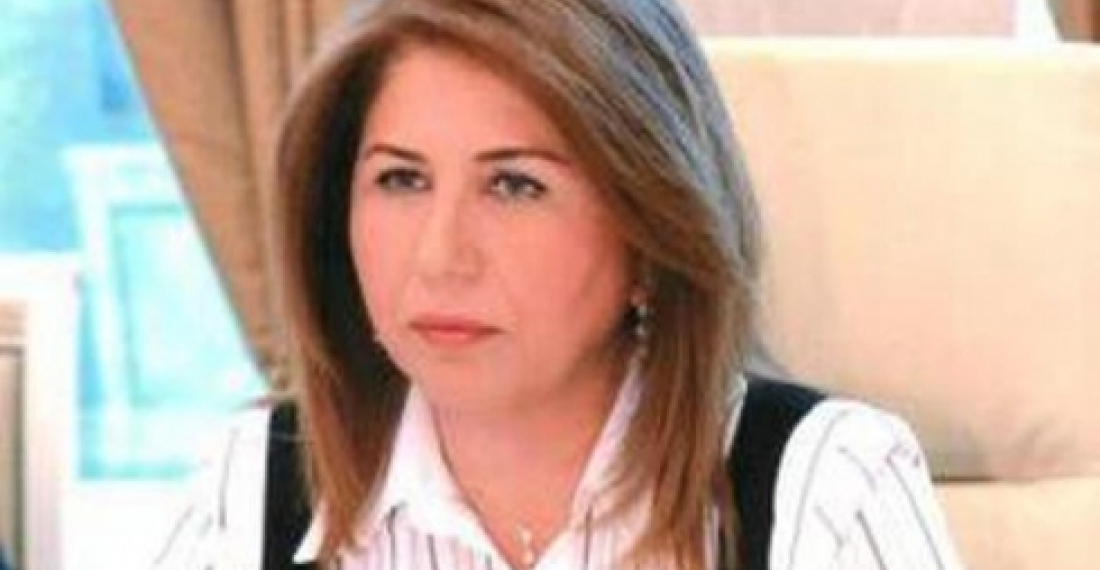The Deputy Speaker of the Azerbaijani Parliament, Bahar Muradova, told journalists in Baku that despite the fact that in 2013 the co-chairs of the OSCE Minsk Group paid a number of visits to the region, held meetings, conducted monitoring and presented reports on their observation of the ceasefire regime the concrete results of this activity were not reflected in the negotiation process. "We have not seen any step that can be regarded as progress”, she added.
Muradova, who is also the Head of the Azerbaijani Parliamentary delegation to the OSCE Parliamentary Assembly has often criticised the work of the Minsk Process, but this is the first critical comment made by the Azerbaijani side since the latest attempts to revive the peace negotiations which saw the Presidents of the two countries meeting in Vienna in November. Muradova evaluated the meeting as postive but said that Azerbaijani discontent will continue as long as its territory remains uinder Armenian occupation. She added that there were expectations that the three co-Chair countries will use their influence to influence the Armenian stance.
source: commonspace.eu with agencies
photo: Deputy Speaker of the Azerbaijani Parliament, Bahar Muradova.







